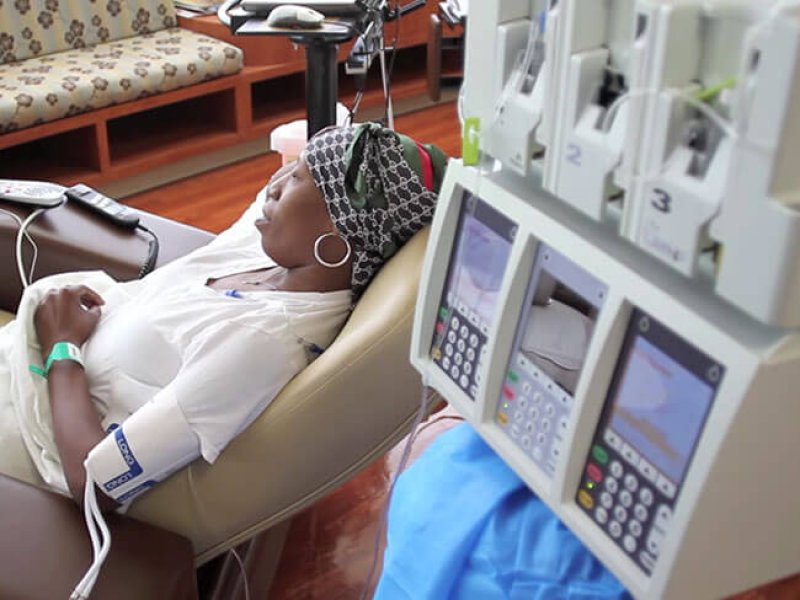At the American Association for Cancer Research (AACR) annual meeting in Washington DC, researchers gathered on April 2 to discuss the growing call to sequence the genomes of pre-cancerous lesions — abnormal growths that sometimes progress into full-blown cancers.
It is a project that is now near the top of the cancer research wish list, says oncologist Elizabeth Jaffee of the Sidney Kimmel Comprehensive Cancer Center at Johns Hopkins University in Baltimore, Maryland. “This is something that has really taken off throughout the cancer community,” she says.
The idea could be one of the next ‘big science’ projects for cancer. The idea is to borrow some tactics — such as coordination among scientists and sequencing centers — from The Cancer Genome Atlas, one of the first and biggest cancer genome efforts, which characterized the genomes of 33 cancers using samples from more than 11,000 people.
But the new ‘Pre-Cancer’ Genome Atlas would also study cancers over time. It would ideally include multiple snapshots of the same tumor as it developed, in the hope that researchers will be able to determine what changes pushed it across a tipping point to become cancerous.
The GLP aggregated and excerpted this blog/article to reflect the diversity of news, opinion, and analysis. Read full, original post: Hunt for cancer ‘tipping point’ heats up
For more background on the Genetic Literacy Project, read GLP on Wikipedia































